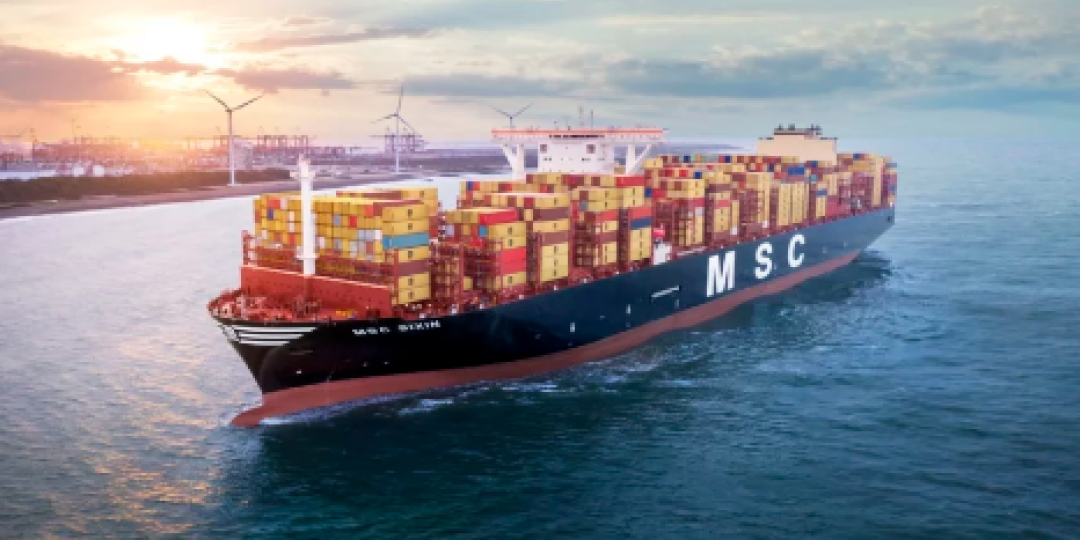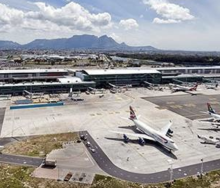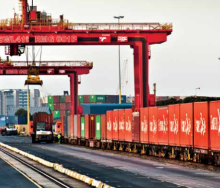Shipping lines could soon be facing a significant overcapacity challenge if the round-Africa services begin to operate at reliability levels matching the pre-pandemic era.
More reliable schedules could result in up to 4% additional capacity being fed into the market this year.
And this would come on top of the 9% of new vessel deliveries.
CEO of maritime consultancy Sea-Intelligence, Alan Murphy, explains that when vessel delays occur, a percentage of the global vessel capacity is effectively absorbed and hence unavailable to the market.
“Historically, this percentage has tended to be within 1%-3%, with a few spikes in the 3%-5% range, on account of major disruptive events. When the pandemic hit, this figure nearly touched 14% at its peak.”
According to research by the consultancy, in March the fleet absorption from vessel delays was 5.7% of the global fleet, which was an improvement from the recent peak in January of 7.5%. Putting it into context, the Red Sea crisis is almost a non-event compared to the pandemic disruptions, he points out. “It is important to note that this measures just the capacity absorbed from vessel delays and comes in addition to the capacity being absorbed by the longer route going around Africa.”
That said, there is always some “normal” background level of vessel delays, which absorbs part of the global capacity. “To better gauge the fleet capacity impact of specific events like the pandemic or the Red Sea crisis, this background level should be removed from the calculation. When we do this, we get the result shown in Figure 1. Here we can see how the impact of various types of delays in 2011-2019 had almost no real impact on the capacity availability in the market as a whole.
“We can also clearly see the pandemic impact peaking in January 2022, where 13.8% of global capacity was rendered unavailable. Here, in early 2024, we did indeed have a small spike again, but it is rapidly being removed.”
Clearly, an improvement in round-Africa service delays, combined with additional vessels being fed into the market, will see carriers facing a significant overcapacity challenge.













